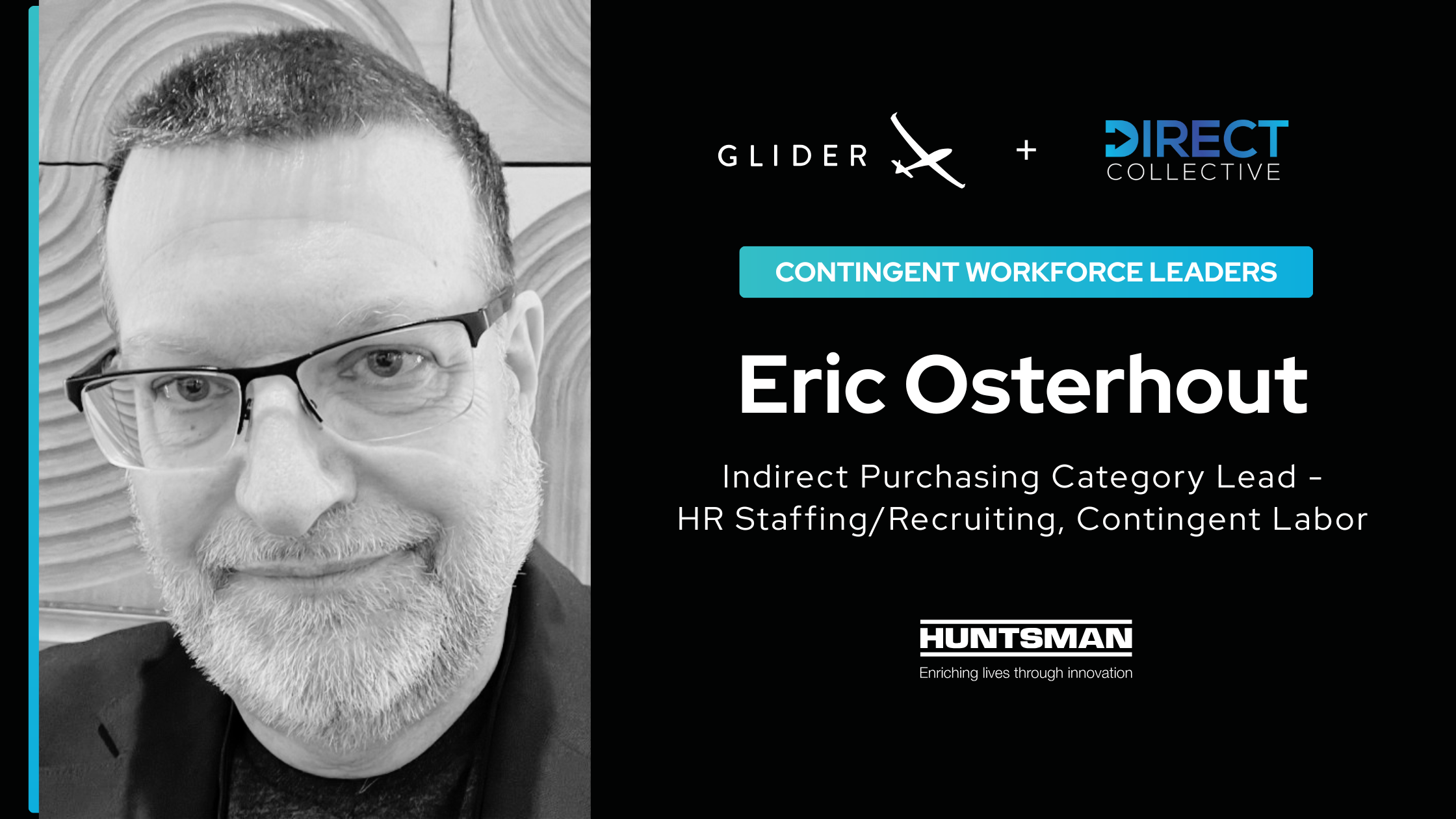
Make talent quality your leading analytic with skills-based hiring solution.

When looking for a recruitment company, there are many things to be considered. One of the most common dilemmas organizations have is whether they should rely on a contingency or retained basis recruitment agreement. These are the two most important categories of recruiters out there.
Finding great talent for a certain company can be difficult. Recruiters need to understand the culture, skills, organizational specifics, leadership, and many other things to find the right people for a certain business.
Companies looking for top talent can sign retained search or contingency recruiting agreements with recruiters.
Both types of agreements carry their upsides and downsides for recruiters and clients alike. Today we are going to explore these two types of agreements and how they affect recruiters and their clients.
Contingency recruitment is often required by clients that need to find people to fill lower to mid-level positions. In most companies, these clients will even hire several contingency recruiters to get the job done.
As you might have already guessed, contingency recruiters get paid when they place adequate candidates on open positions. In most cases, contingency search agreements come with lower fees, as these kinds of searches often require less effort to find the right candidates.
Still, the fees can vary greatly from one industry to another. It’s not uncommon to see multiple contingency firms looking to fill the same positions, as these searches aren’t exclusive. Companies looking for employees will often contact several recruiters to get the best results possible.
This is a more expensive recruitment model that costs a lot more than a contingency search. Retained recruiters provide expertise for a certain industry, and they dedicate their time to their clients.
With retained search agreements it’s not uncommon to get off-limits agreements. These guarantee clients that the recruiter will never approach their current employees for other clients.
Retained search agreements are exclusive and made with a single recruitment firm only. This model is used for finding senior or executive-level employees. With retained search, the fees for finding employees is around 30% of the total annual pay of the position that is being filled.
The agreements also come with guarantees by recruitment companies that they will replace new candidates if they leave the position before the agreed milestone or date has passed.
Retained search agreements often include coaching and onboarding programs to ensure that new hires fit into their roles seamlessly.
Retained recruiters dedicate their time to deliver the agreed-upon results while relying on the methodology and process, which they first outline with their clients.
The exclusive terms allow them to go through the process with utmost care and detail and help them fill the position sooner or later with an ideal talent.
Put, they will be more focused on quality, not quantity. When retained recruiters find the perfect candidate, they spend a lot of time trying to recruit them the right way. This also means that this kind of model can also last longer because there are greater challenges.
On the other hand, contingency recruiters will be a lot faster in terms of delivering adequate candidates. They don’t have very specific requirements and are usually looking for candidates that are more available.
In most cases, if a candidate rejects their offer, these recruiters will move to another candidate and avoid wasting time trying to engage those who are uninterested.
When looking at these two models, it seems that the main differences revolve around payments. However, it’s not only about that, but the approach methods also dictate many other factors that companies need to consider. This is why the results are so different and aren’t compatible.
Contingency recruiting involves payments only when a position has been filled. That is why their approach is less detailed and focused on finding as many potential candidates as possible in the shortest time possible.
This makes them more suitable for handling larger job openings, as they rely on their databases of familiar candidates to look for people matching their needs. On the other hand, a retained executive search has extensive databases with a lot of details about their candidates.
On top of that, they are usually focused on a certain sector or industry in which they excel. They are better at doing advanced assessments and understand the specific requirements within their respective industry.
When a company handles the hiring process on its own, it has to put in a lot of human resources into finding adequate applicants. It needs to put out advertisements, screen applicants, interview candidates, and ultimately, hire the right person.
All of this requires a lot of money which can take its toll on the organization. This is why it’s generally a good idea to hire a third-party to take care of the recruitment process. They bring a lot of knowledge and expertise and can provide a list of relevant candidates out of the box.

AI-Powered Total Talent Management for Contingent Worker Success With over a decade of experience managing global contingent worker programs, Natalie Javid brings a wealth of knowledge from her work at tech giants like ServiceNow, Airbnb, and her current role as Head of Global Contingent Workforce at Snowflake. Speaking at ProcureCon 2025, Natalie shared insights on […]

Revolutionizing Future Trends with AI in Contingent Workforce Management The Human Touch in an AI-Driven Industry Eric Osterhout brings almost two decades of experience to the contingent workforce management space, currently serving as a Program Leader and Buyer for Contingent Labour at Huntsman Corp. With 17 years on the buyer side and 10 years previously […]

How AI Will Reshape Contingent Workforce Management by 2030 Meet Chris Farmer – Global Head of Contingent Workforce Strategy As the Global Head of Contingent Workforce Strategy and Strategic Sourcing at Salesforce, Chris Farmer leads one of the most complex and forward-thinking CW programs in the industry. Chris has spent over five years at Salesforce, […]